A 500 mAh Single Cell Lithium-ion Rechargeable Polymer Battery is a type of rechargeable battery that uses lithium-ion technology combined with a polymer electrolyte, instead of the more common liquid electrolyte found in traditional lithium-ion batteries. Here’s a breakdown of its key features and description:
Key Features:
- Capacity: 500 mAh (milliampere-hours) — This refers to the battery’s charge storage capacity, indicating how much energy it can store and how long it can power a device before needing a recharge. A 500 mAh capacity is relatively small and often used in low-power applications.
- Voltage: Typically, single-cell lithium-ion polymer batteries have a nominal voltage of 3.7V. This can vary slightly depending on the battery’s charge level (usually between 4.2V when fully charged and 3.0V when discharged).
- Rechargeable: Lithium-ion polymer batteries are known for being rechargeable, meaning they can be used multiple times before needing to be replaced. They generally have a longer lifespan than non-rechargeable battery types.
- Compact and Lightweight: Lithium polymer (LiPo) batteries are known for their flexibility in form factor, meaning they can be made thinner, lighter, and shaped to fit a variety of spaces, making them ideal for use in compact or portable electronics.
- Safety: Li-ion polymer batteries are typically safer compared to traditional lithium-ion batteries because the polymer electrolyte is less likely to leak and is more flexible, reducing the risk of short circuits or overheating.
- Applications: These types of batteries are commonly used in small, portable devices such as smartphones, drones, smartwatches, medical devices, and other consumer electronics that require lightweight and compact energy sources.
Benefits:
- Lightweight and compact: Perfect for portable devices.
- High energy density: Delivers good power-to-weight ratio, which means it can store a significant amount of energy in a small package.
- Safety: LiPo batteries have a lower chance of catching fire or swelling compared to traditional lithium-ion batteries, making them safer in some situations.
Limitations:
- Shorter lifespan: Depending on usage and charging practices, Li-ion polymer batteries may have a shorter overall lifespan compared to some other types of batteries.
- Sensitive to overcharging and over-discharging: Like all lithium-based batteries, they need to be handled with care, including proper charging circuits to avoid damaging them or causing potential safety issues.
Would you like to know more about how to care for or safely use these batteries?






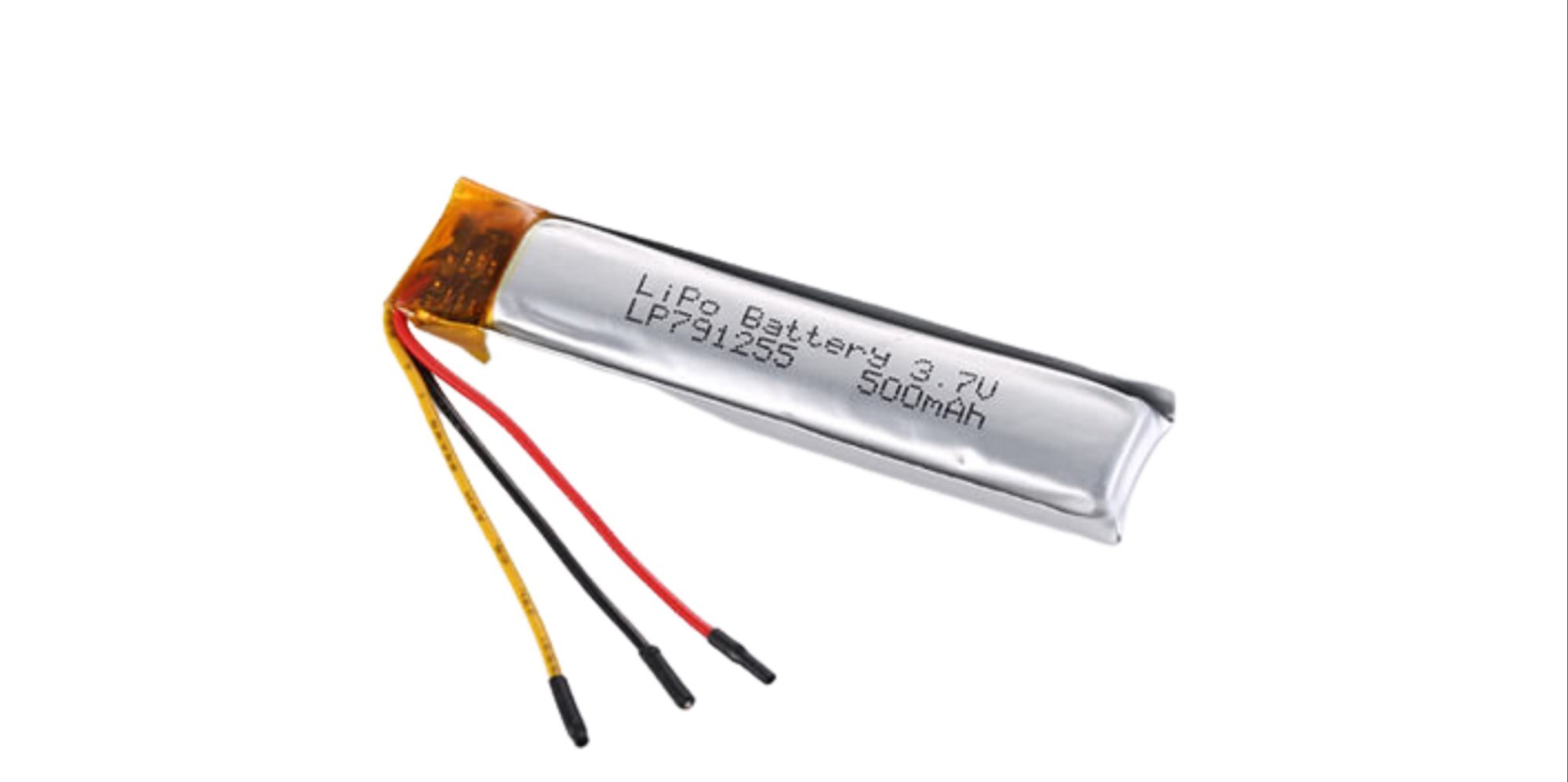
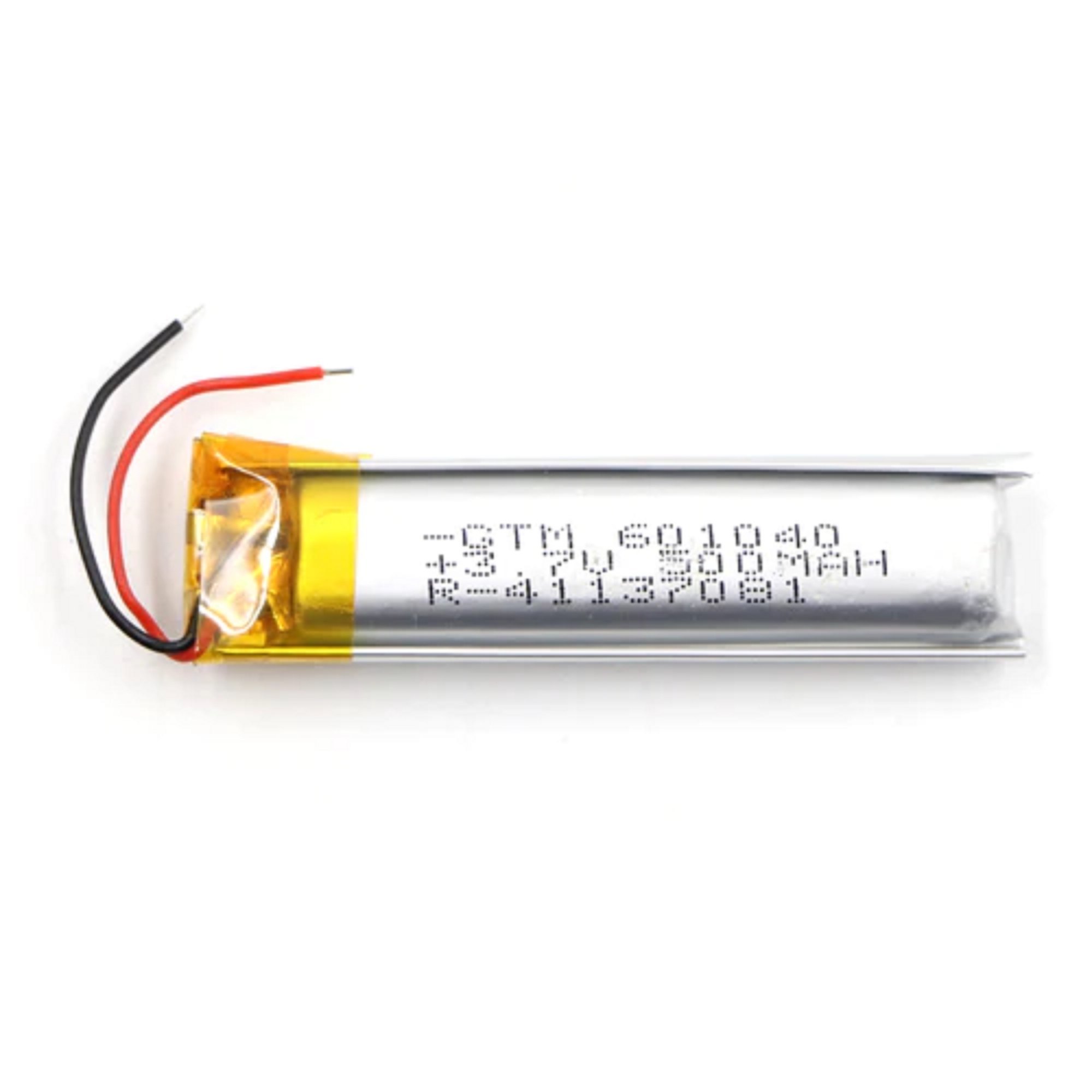

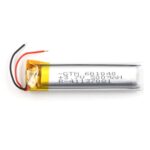
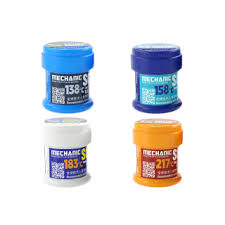
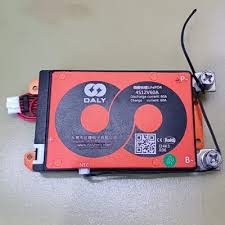


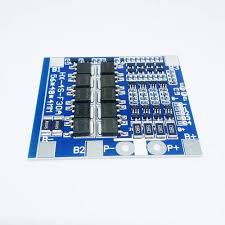

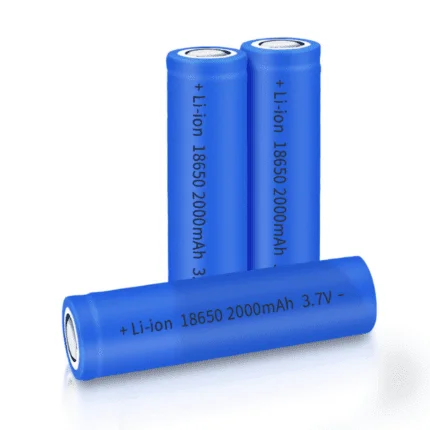
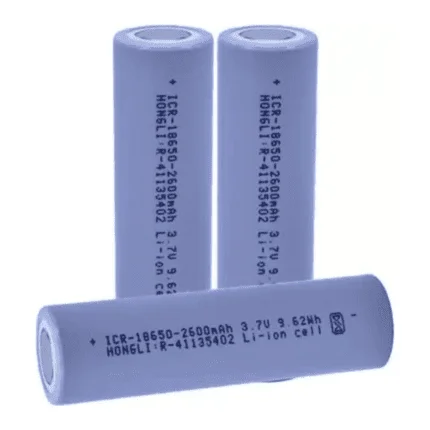
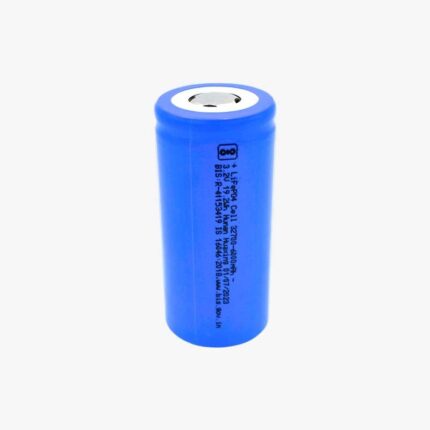
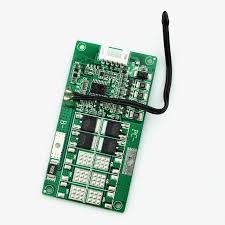





















Reviews
Clear filtersThere are no reviews yet.